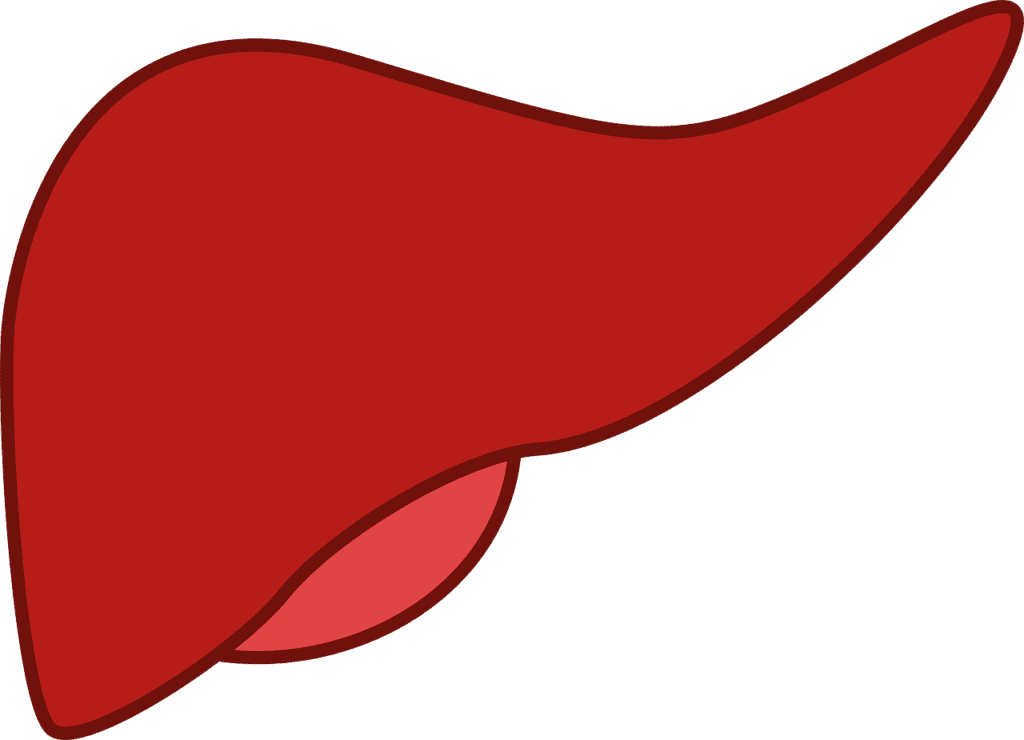Dicerna Pharmaceuticals has just announced that they have submitted a Clinical Trial Authorization application for their investigational therapy DCR-A1AT. This application has been submitted to the Swedish Medical Products Agency so that the company will be able to initiate an in-human clinical investigation (Phase 1/2) of the therapy for A1AT deficiency-associated liver disease. This therapy will utilize the GalXC technology platform.
A1AT
Alpha-1 antitrypsin deficiency is caused by mutations in the serpina1 gene, which is responsible for creating the A1AT protein. This protein is essential as it protects the body from neutrophil elastase, an enzyme which can attack the body’s tissues. When regulated properly by A1AT, this enzyme only fights infection. However, without this regulation, many complications can occur. The uncontrolled enzyme can ultimately lead to liver cirrhosis and lung disease.
It’s believed that many people with A1AT are actually misdiagnosed or undiagnosed, and the disease affects more people than is documented currently.
While cirrhosis is the primary complication, patients may also experience weight loss, jaundice, fatigue, respiratory infections, or emphysema. Additionally, A1AT patients are at increased risk for hepatocellular carcinoma.
As there are currently no approved therapies for the liver manifestations of A1AT (which are often the most severe complications), this recent application and potential in-human trial are especially exciting for this patient community.
Potential Benefits
First and foremost, Dicerna has hope that this therapy will benefit A1AT patients, a group of individuals who have a significant unmet need.
Secondarily, the company hopes that this application, and (if approved) following trial, will help them to decipher what other liver conditions may benefit from the GalXC technology. They also hope it will open doors in terms of collaboration and partnership with other organizations dedicated to the same mission.
The Study
DCR-A1AT is a type of RNAi therapy. The GalXC technology helps to produce RNAi candidates like DCR-A1AT. These candidates, the company hopes, will be useful across many therapeutic areas however, their current focus is on diseases of the liver.
The Phase 1/2 investigation that Dicerna hopes to conduct aims to evaluate the tolerability, safety, pharmacodynamics, and pharmakinetics of the therapy. It will utilize both A1AT patients themselves and healthy volunteers.
The first phase of this trial will be a single ascending-dose investigation including up to 36 healthy individuals. These participants will be spread across 6 cohorts. The second phase of the trial will be a multiple ascending-dose phase including up to 24 A1AT patients across no more than 3 cohorts.
The investigation, pending approval, will be conducted across 16 different trial sites across Europe. Of course, the first site will be located in Sweden.
Dicerna hopes to begin enrolling healthy participants by the 3rd quarter of this year and A1ATnpatients by the 1st quarter of 2020.
You can read more about this potential investigation and the DCR-A1AT therapy here.








